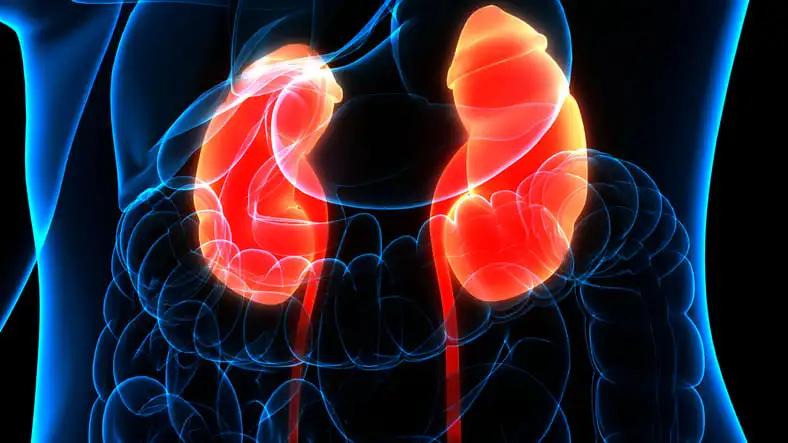KEY TAKEAWAYS
- Phase II trial (EphrinB2) evaluated sEphB4-HSA in combination with pembrolizumab in metastatic urothelial carcinoma patients.
- The primary aim was to assess tolerability and (OS) with secondary endpoints, including (PFS), (ORR), duration of response, and toxicity.
- 70 patients with metastatic urothelial carcinoma received the treatment regimen after the failure of platinum-based chemotherapy.
- Treatment showed acceptable toxicity with a median OS of 14.6 months and ORR of 37% in the intent-to-treat analysis.
- Among patients expressing EphrinB2, the median OS was 21.5 months with an ORR of 52%, including a complete response rate of 24%.
After standard first-line chemotherapy has failed, patients with metastatic urothelial carcinoma have a poor prognosis. There is a significant unmet need due to the poor efficacy of the current immune checkpoint programmed death 1-programmed death ligand 1 antibody. Patients with recurrent or progressive metastatic urothelial carcinoma after platinum-based chemotherapy were given pembrolizumab and soluble EphB4-human serum albumin (sEphB4-HSA) in this phase II trial. The primary objectives were safety and longevity. Progression-free survival (PFS), objective response rate (ORR), duration of response, and toxicity were secondary endpoints. EphrinB2, a target of sEphB4-HSA, was found to have an association with outcome expression.
Seventy people joined the study. After a mean of 22.9 months (range, 1.3-54.7). This regimen achieved tolerable toxicity. Median overall survival (OS) (N = 70) was 14.6 months (95% confidence interval [CI]: 9.2 to 21.5). The objective response rate was 37% (26/80) with a 95% confidence interval (CI) of 26–48. Median progression-free survival was 4.1 months (95% CI, 1.5 to 5.7). Median overall survival (OS) was 21.5 months (95% CI, 12.4 to not reached) for the 46 patients (66%) who expressed EphrinB2, with an overall response rate (ORR) of 52% (95% CI, 37 to 67) and a complete response rate (CRR) of 24% (11 of 46; 95% CI, 12 to 36). Median progression-free survival was 5.7 months (95% CI, 2.7 to 27.9). At 6, 12, and 24 months, 88%, 74%, and 69% of patients still felt better. Compared to the historical data for programmed death 1/programmed death ligand 1 monotherapy, the combination of sEphB4-HSA and pembrolizumab appears synergistic, with improved OS and ORR.
Source Link: https://pubmed.ncbi.nlm.nih.gov/35984996/
Clinical Link: https://clinicaltrials.gov/ct2/show/NCT02717156
Sadeghi S, Quinn D, Dorff T, Pal S, Groshen S, Tsao-Wei D, Parikh R, Devitt M, Parikh M, Jackovich A, Ruel N, Vogelzang N, Burgess E, Siddiqi I, Gill IS, Lara PN, Dreicer R, Gill PS. EphrinB2 Inhibition and Pembrolizumab in Metastatic Urothelial Carcinoma. J Clin Oncol. 2023 Jan 20;41(3):640-650. doi: 10.1200/JCO.21.02923. Epub 2022 Aug 19. PMID: 35984996.



